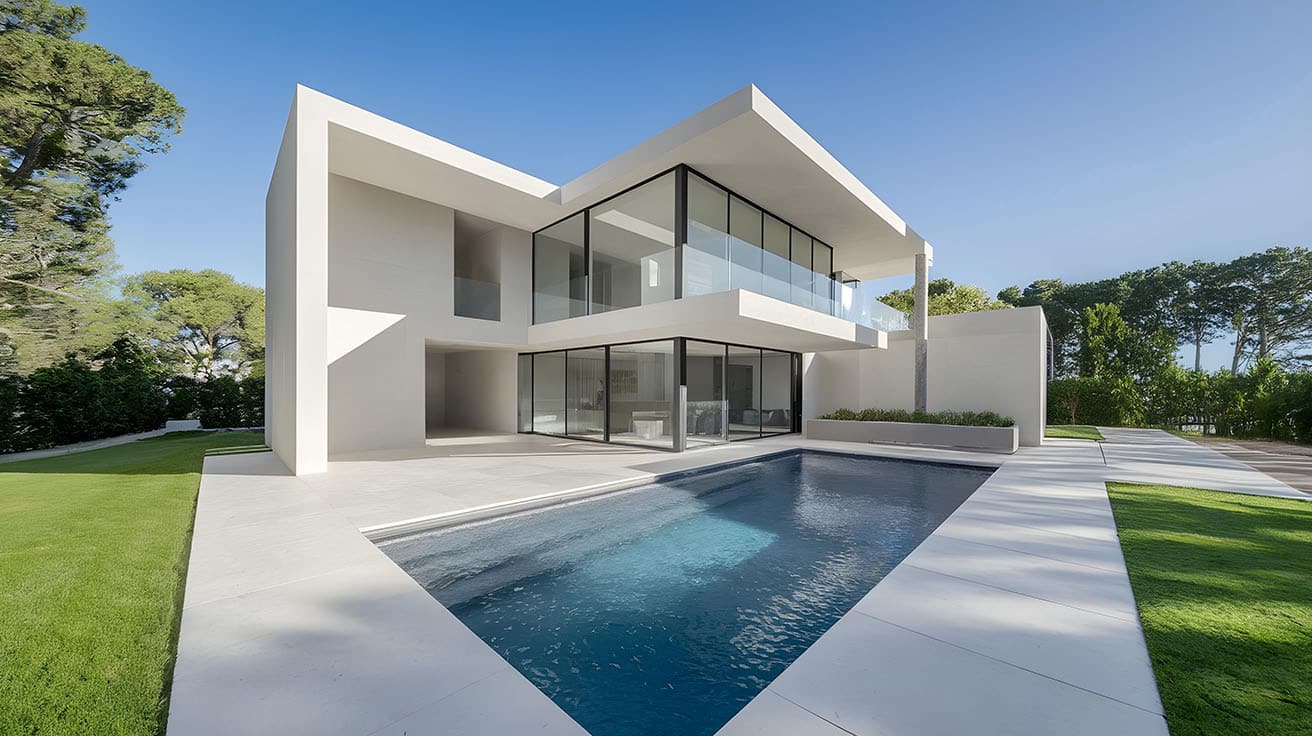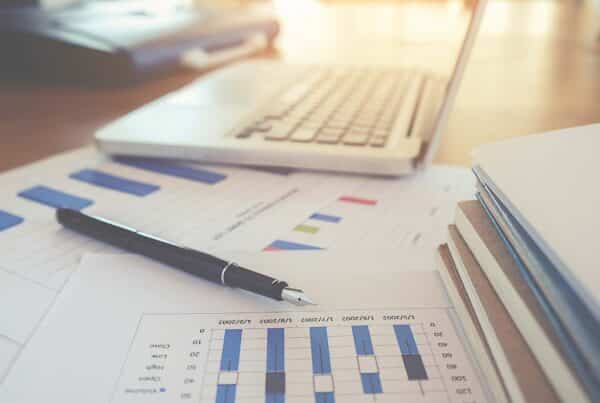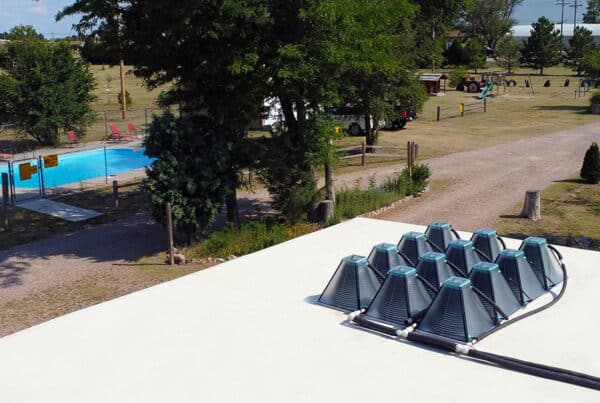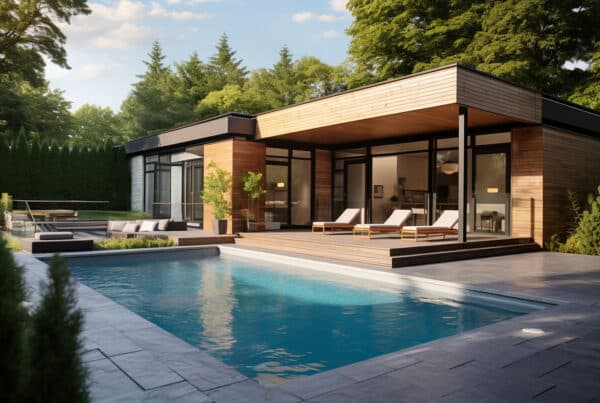In the United Arab Emirates (UAE), how we use energy at home is greatly influenced by the hot climate and modern way of living. As electricity needs keep rising, it’s crucial for homeowners to know where their energy is being used. In this article, we’ll dig into the typical energy usage of common household appliances in UAE homes and offer some practical tips to become more energy efficient. If you want to cut your utility bills and reduce your carbon footprint, this guide will help.
Typical Household Energy Breakdown in the UAE:
Lets look at how each of the typical appliances found in a household consumes energy starting with the big hitters.
1. Air Conditioning (40%-60%):
No surprise here, but air conditioning takes the biggest chunk of household electricity in the UAE. With summer temperatures often above 45°C (113°F), residents heavily depend on AC systems to stay cool. Centralized systems and split units use a lot of energy, especially if used all the time or in homes without good insulation.
Tip: Set thermostats to 24°C when at home and 28°C when away. Service AC units regularly and seal air leaks to save energy.
2. Water Heating (10%-15%):
Electric water heaters are often used in the UAE, whether for showers, laundry, or washing dishes but these appliances consume a lot of energy. In bigger homes, these systems might run all the time, boosting energy use even more.
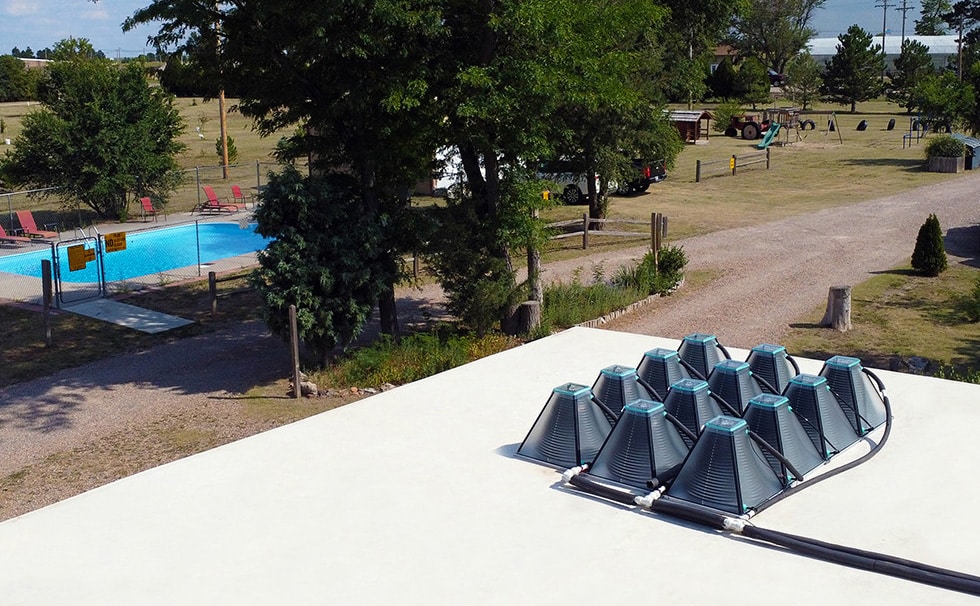
Example installation of a SolarisKit solar hot water system using SolarisKit’s unique prismatic solar collectors.
Tip: Install a solar hot water system and harness the UAE’s abundant sunshine. Installing a solar hot water system can typically meet nearly 100% of household hot water demand in the UAE. Alternatively, use timers to heat water using electricity only when needed.
3. Refrigeration (8%-10%):
Refrigerators and freezers run non-stop. While new models use less energy, older units can consume more power than necessary.
Tip: Keep fridges full but not overloaded. Clean coils regularly and make sure door seals are tight.
4. Lighting (5%-10%):
Although lighting takes up a smaller part of the energy use, in big homes with lots of lights, it can still add up.
Tip: Switch to energy-saving LED bulbs. Use natural light during the day and install motion sensors in less-used rooms.
5. Washing Machines and Dryers (5%-7%):
Laundry appliances can be energy guzzlers, especially with hot water cycles and frequent dryer use. Front loaders are generally more efficient.
Tip: Wash clothes in cold water when possible and air dry laundry when the weather’s cooler.
6. Cooking Appliances (3%-5%):
Ovens, stoves, microwaves, and other kitchen gadgets add to household power use, especially in homes that cook daily.
Tip: Use microwaves or toaster ovens for small meals and keep lids on pots to cut cooking time.
7. Entertainment and Electronics (3%-5%):
Devices like TVs, gaming consoles, laptops, and routers use power continuously. Individually they might use less, but together, they count.
Tip: Unplug devices when not in use or use smart power strips to avoid this phantom power drain.
8. Other Appliances (2%-5%):
This includes dishwashers, vacuum cleaners, and kitchen gadgets. They may not run constantly, but their energy use adds up over time.
Tip: Only run dishwashers when full and use eco-friendly settings if available.
Key Factors Affecting Energy Use in UAE Homes:
Climate:
The hot desert climate means heavy reliance on cooling systems. The hotter it gets, the more your AC works.
Building Insulation:
Homes with poor insulation lose cool air faster, causing AC units to work harder. Insulating doors, windows, and walls can really help.
Appliance Efficiency:
Older appliances use more energy. Upgrading to energy-efficient models with high energy star ratings can save significantly.
Usage Patterns:
Using appliances for long periods or leaving things like lights or AC on when nobody’s home can hike up your bill.
Tips to Reduce Household Energy Consumption in the UAE:
- Upgrade to Energy-Efficient Appliances:
When buying new household equipment, pick energy-efficient models. They can save you a lot on electricity bills over time. - Optimize AC Usage:
Install programmable thermostats and ceiling fans to lessen AC use. Cleaning filters and coils helps them perform well. - Install Solar Solutions:
With UAE’s abundant sunshine, using solar thermal systems for heating water or photovoltaic panels for general electricity can be a smart move. - Improve Home Insulation:
Use weather stripping, window film, and thermal curtains to keep energy in. Consider double-glazed windows for extra insulation. - Adopt Smart Home Technologies:
Smart thermostats, light timers, and energy monitors can help you automate energy savings and give real-time insights into your use. - Educate Household Members:
Simple habit changes like turning off lights when leaving a room or cutting shower times can make a big difference.
Why This Matters:
Reducing energy use at home will save you money and help the environment. Lowering energy demand also eases the strain on the grid and cuts the country’s reliance on fossil fuels, in line with the UAE’s sustainability goals, like the UAE Net Zero by 2050 initiative.
Final Thoughts:
By knowing how much energy common household appliances use in the UAE and making better choices, you can cut down electricity use and bills. Our advice – start with the biggest energy users like air conditioning and water heating, then move on to smart upgrades and daily habits that boost efficiency. Whether you own or rent your home, these tips can help you create a more comfortable, cost-effective, and green living space. With rising energy costs and growing climate concerns, now’s the time to take charge of your household energy consumption.
Keywords: UAE energy consumption, household electricity UAE, appliance energy breakdown, UAE air conditioning energy, save energy UAE, energy-efficient appliances UAE, solar water heating UAE, reduce utility bills UAE

